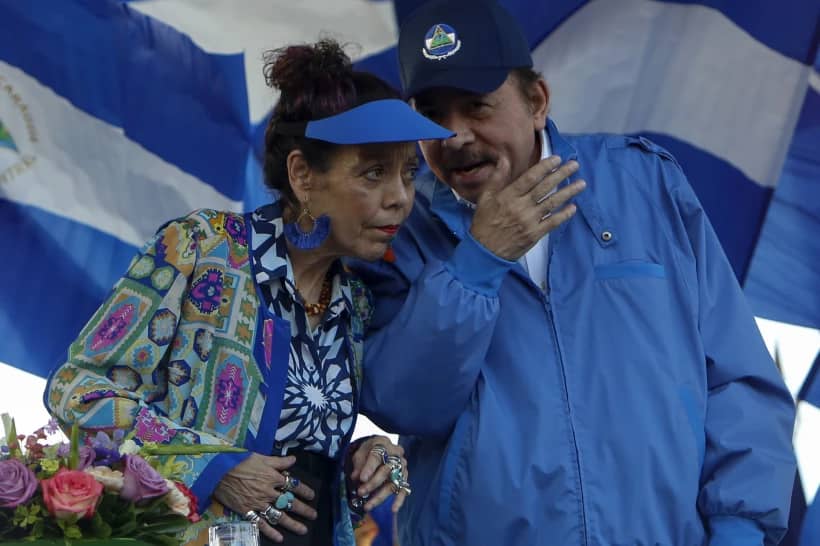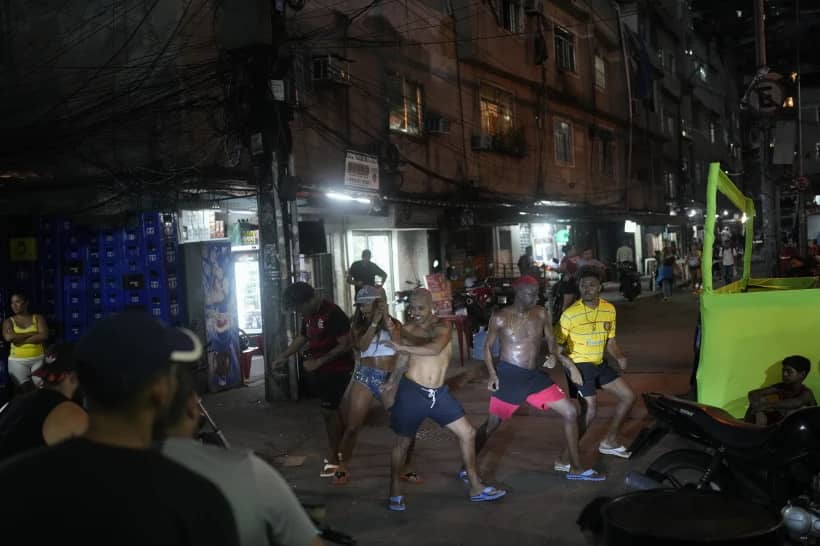ROSARIO, Argentina – A Jesuit priest known as a supporter of President Nicolas Maduro recently called Venezuelan immigrants trying to return amid the coronavirus pandemic “bioterrorists,” causing his local Jesuit community to accuse him of “discrimination.”
Father Numa Molina said Venezuelans trying to go back home are being sent by the government of Colombia to spread the COVID-19 coronavirus in Venezuela, a claim echoed by Maduro and his allies.
“An infected trochero is a bioterrorist who can take your life and that of your loved ones,” Molina wrote on Twitter on Thursday. “Enter through the authorized passages … but submit yourself to the quarantine, don’t come to infect the Venezuelan people.”
Trochero is a word for a person who helps immigrants move from one place to another, through illegal routes. Many returning to Venezuela are using these couriers to avoid the state learning their identities, because they’re afraid of possible retaliation from the Maduro government.
As of November 2019, the United Nations migrants and refugee’s office estimated there were at least five million Venezuelan migrants scattered across the neighboring countries of Latin America, making it the largest recorded refugee crisis in the region. With the pandemic, many are trying to go back to care for their elders, the population most at risk from the virus, in a country with a crumbling health system where patients are often asked to bring their own gauze for surgery.
Venezuela has 11,891 confirmed cases of COVID-19, with 112 deaths officially attributed to the coronavirus. However, the true number of cases and deaths is estimated to be much higher.
“The Society of Jesus rejects the pejorative terms used by a religious of this congregation, with which he has referred to migrants in a situation of return to the country,” says a statement released by the Jesuits on Thursday, signed by Father Rafael Garrido, the company’s provincial in Venezuela.
The terms used, the statement asserts, “offend the human dignity of the Venezuelan brothers who return to the country in an irregular condition due to the excessive controls imposed by the National Executive, even before the COVID-19 pandemic,” referring to Maduro’s cabinet.
Garrido also asked authorities to avoid using names that “promote the rejection and violation of the rights enshrined in the national constitution and in international law.”
“It’s the state’s obligation to generate adequate mechanisms so that everyone has the opportunity of a dignified entry into the country, since the return of our compatriots constitutes a human and constitutional right,” the statement said.
Garrido also ratified the Jesuits’ commitment, solidarity and closeness with the people who seek to return to the country, as well as with the whole of the Venezuelan people in the midst of what they believe constitutes a complicated situation Venezuelans are experiencing.
He said restrictions imposed by the regime for people trying to return to the country encourage them to look for other access points beyond those guarded by the army.
“It’s a Christian duty to receive them, so it’s important that they be offered a dignified and appropriate treatment, in accordance to the circumstances, since they are people who come in precarious and vulnerable conditions exacerbated by the pandemic and the risks of contagion of COVID-19” the statement concludes.
After the statement came out, Molina tried to backtrack, saying he used the term “bioterrorist” as a metaphor, not to mean that those going back home “grabbed a biological weapon and took it consciously to kill others. But the simple intention of returning to the country without thinking of others is, in itself, dangerous.”
“Fine, they are not bioterrorists, but it should be made very clear in their neighborhood that when someone comes from abroad” by means of illegal routes, “people panic and they’re right. I’ve seen people terrorized by this, but let’s call them ‘biologically dangerous,’ presumed infected,” Molina wrote.
Follow Inés San Martín on Twitter: @inesanma












